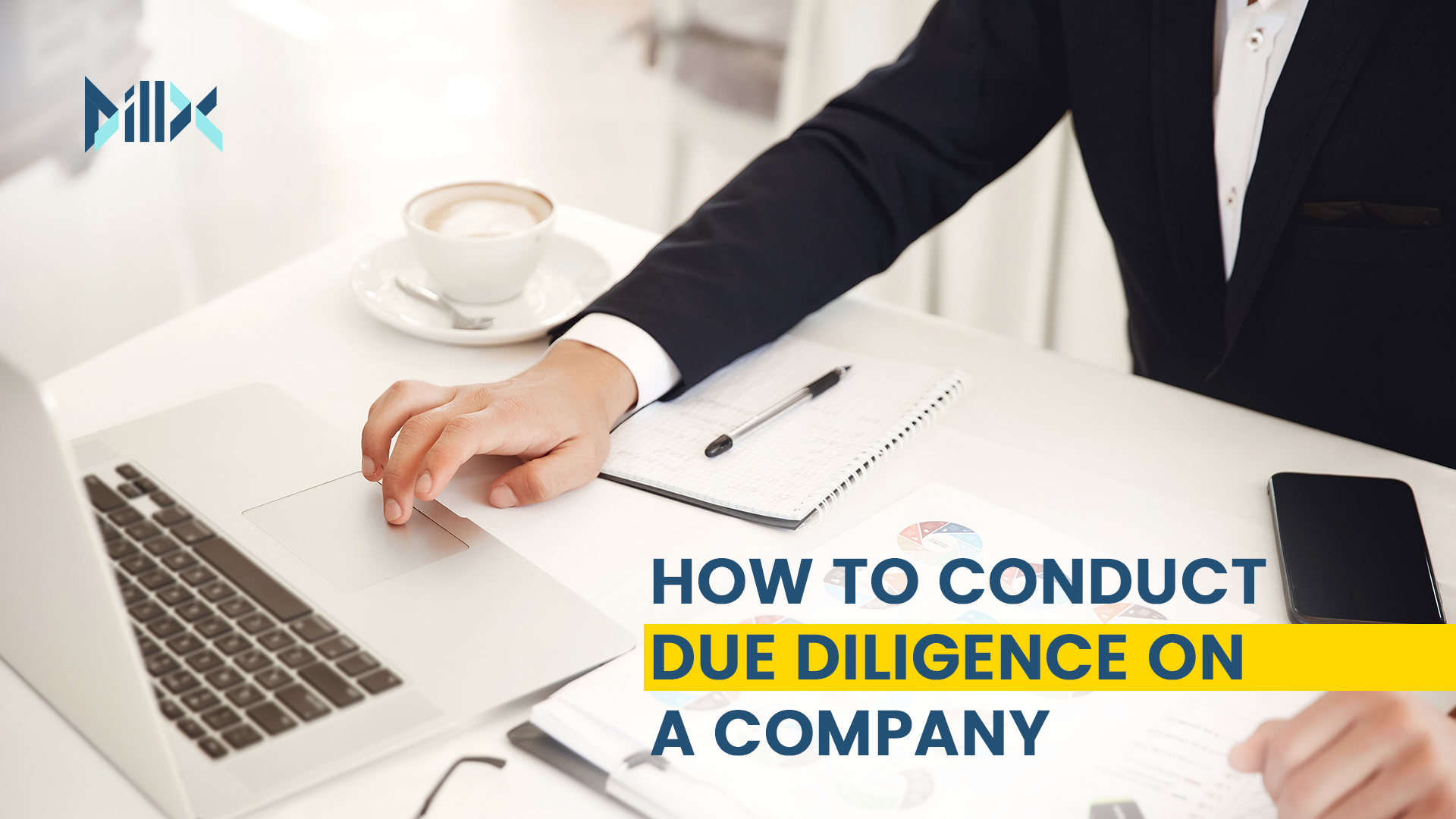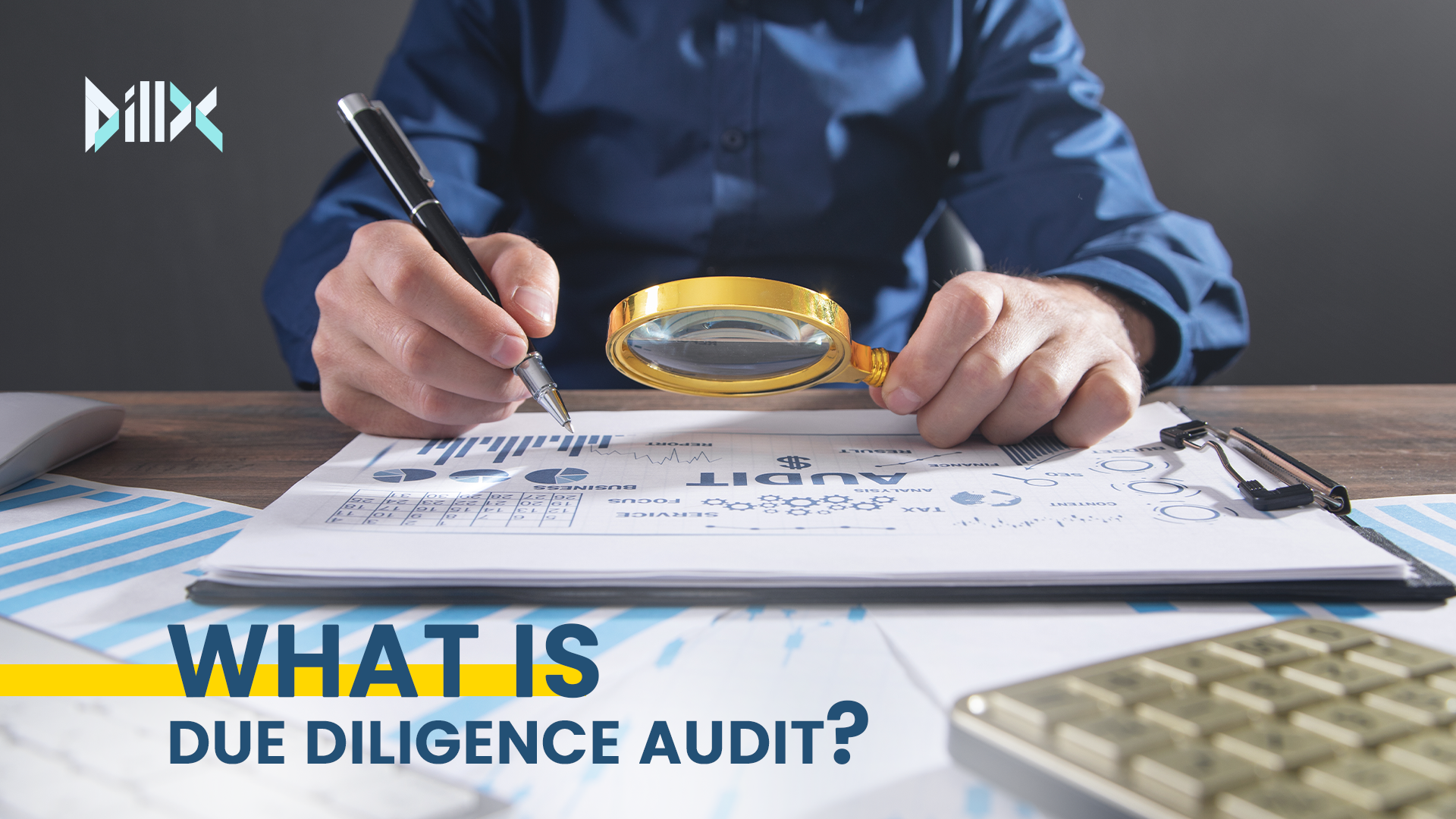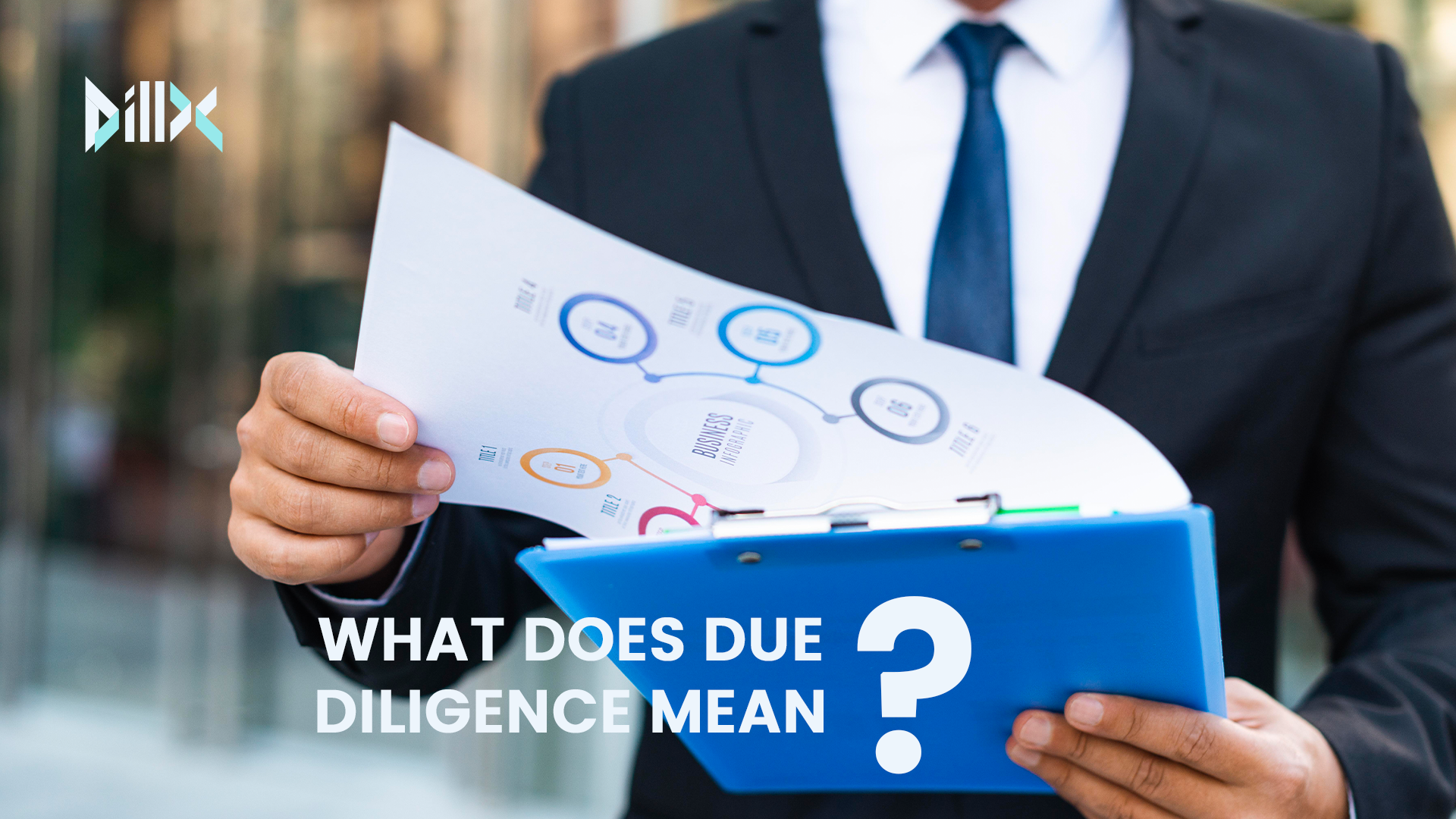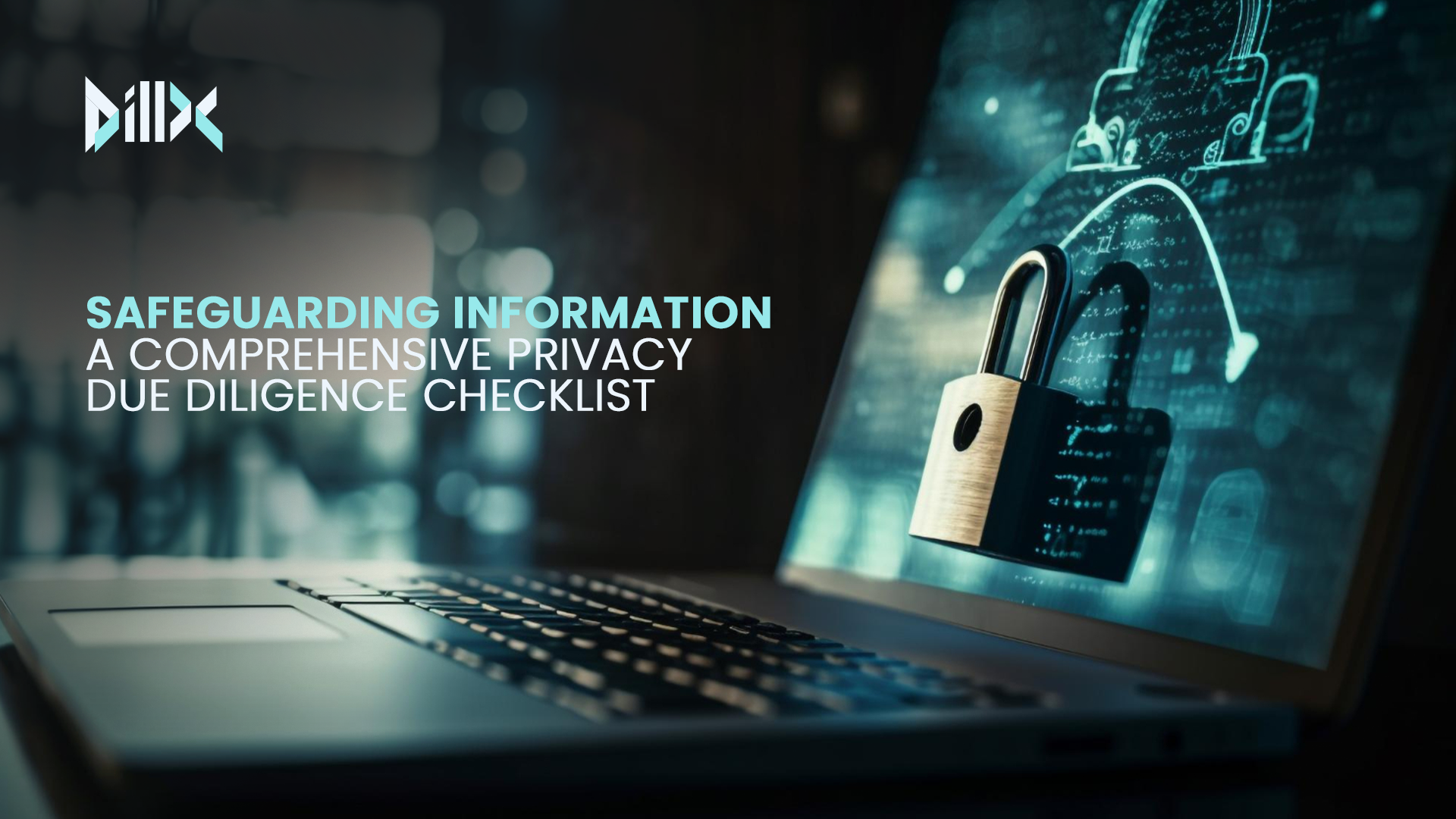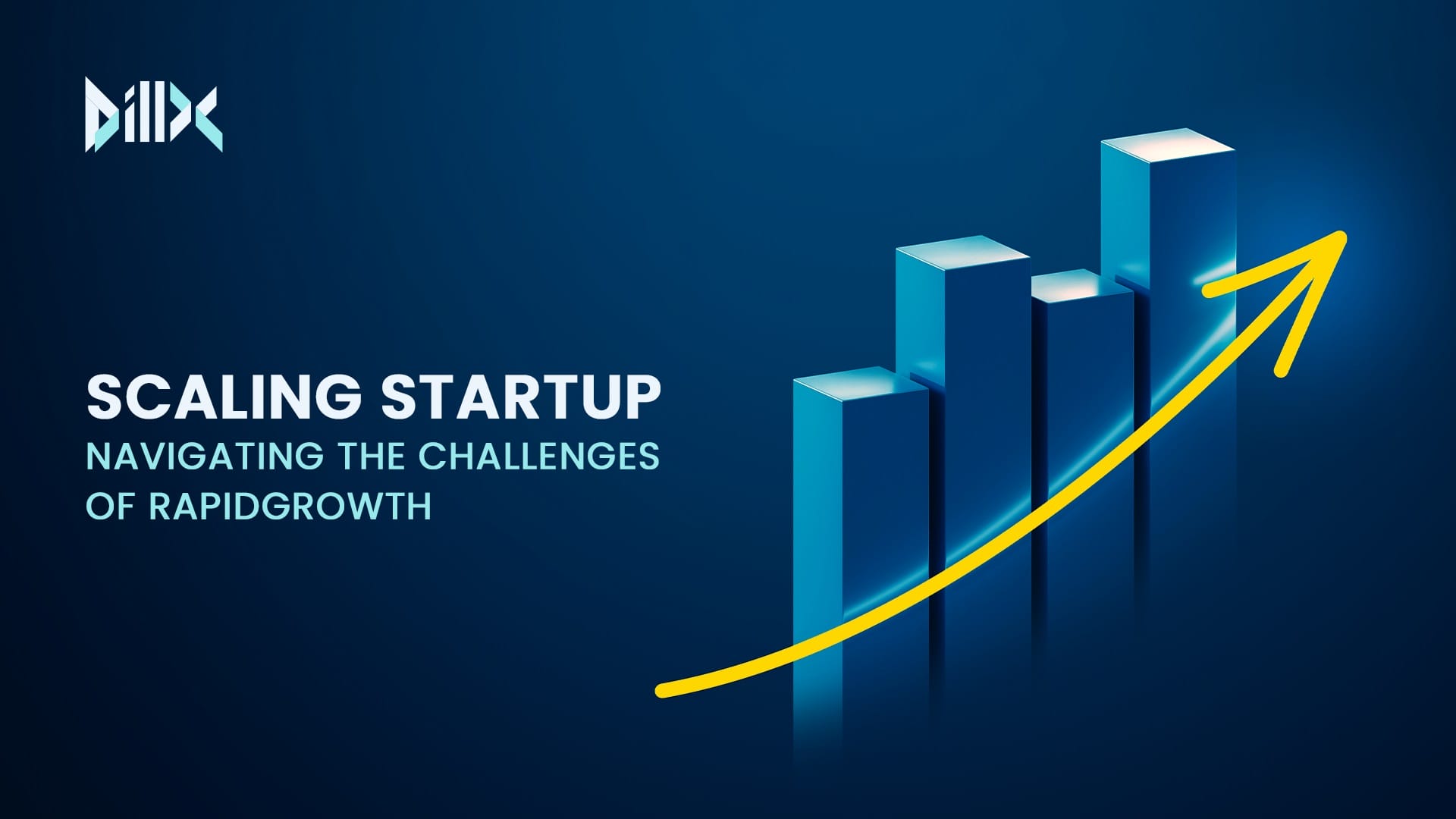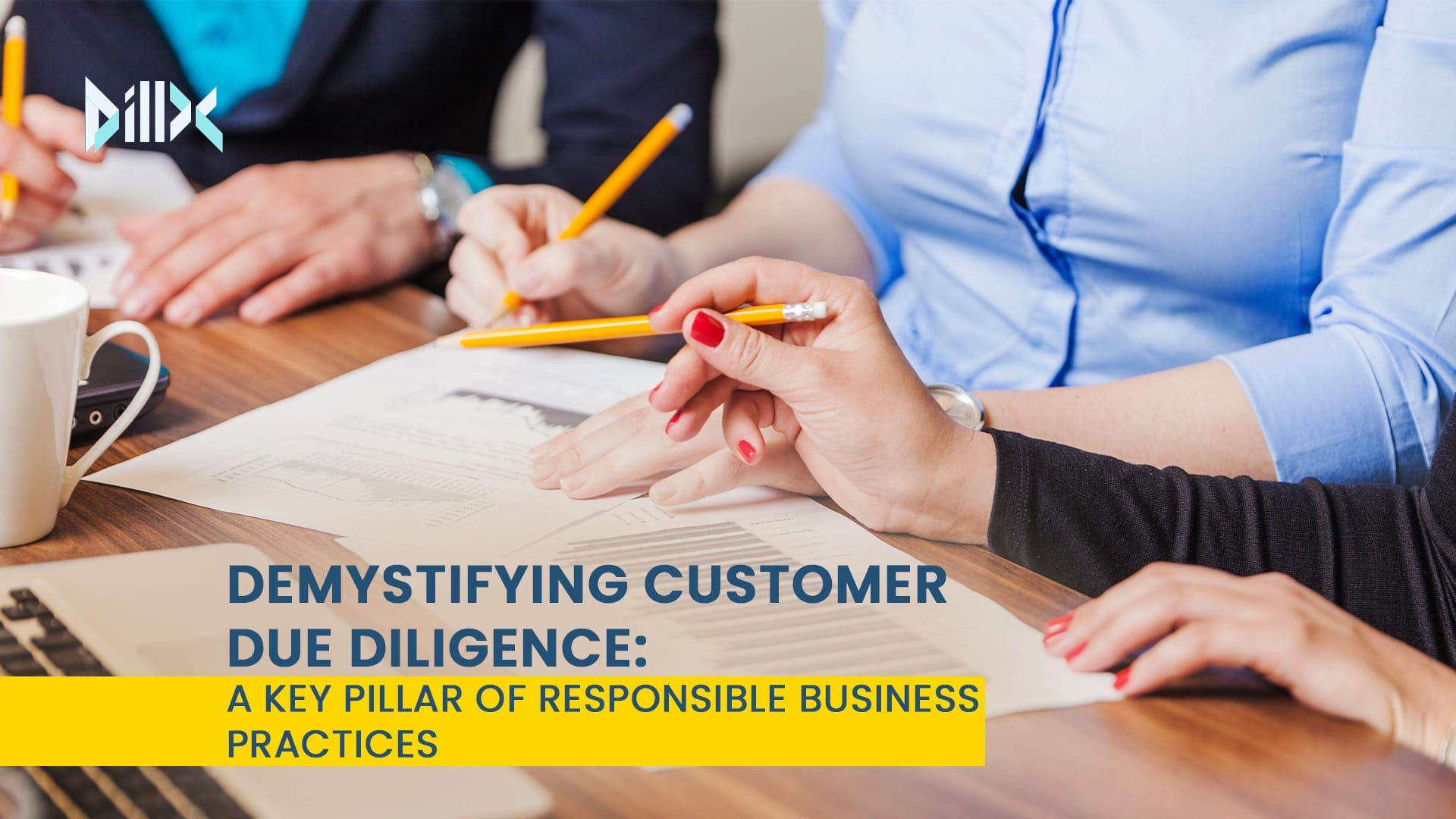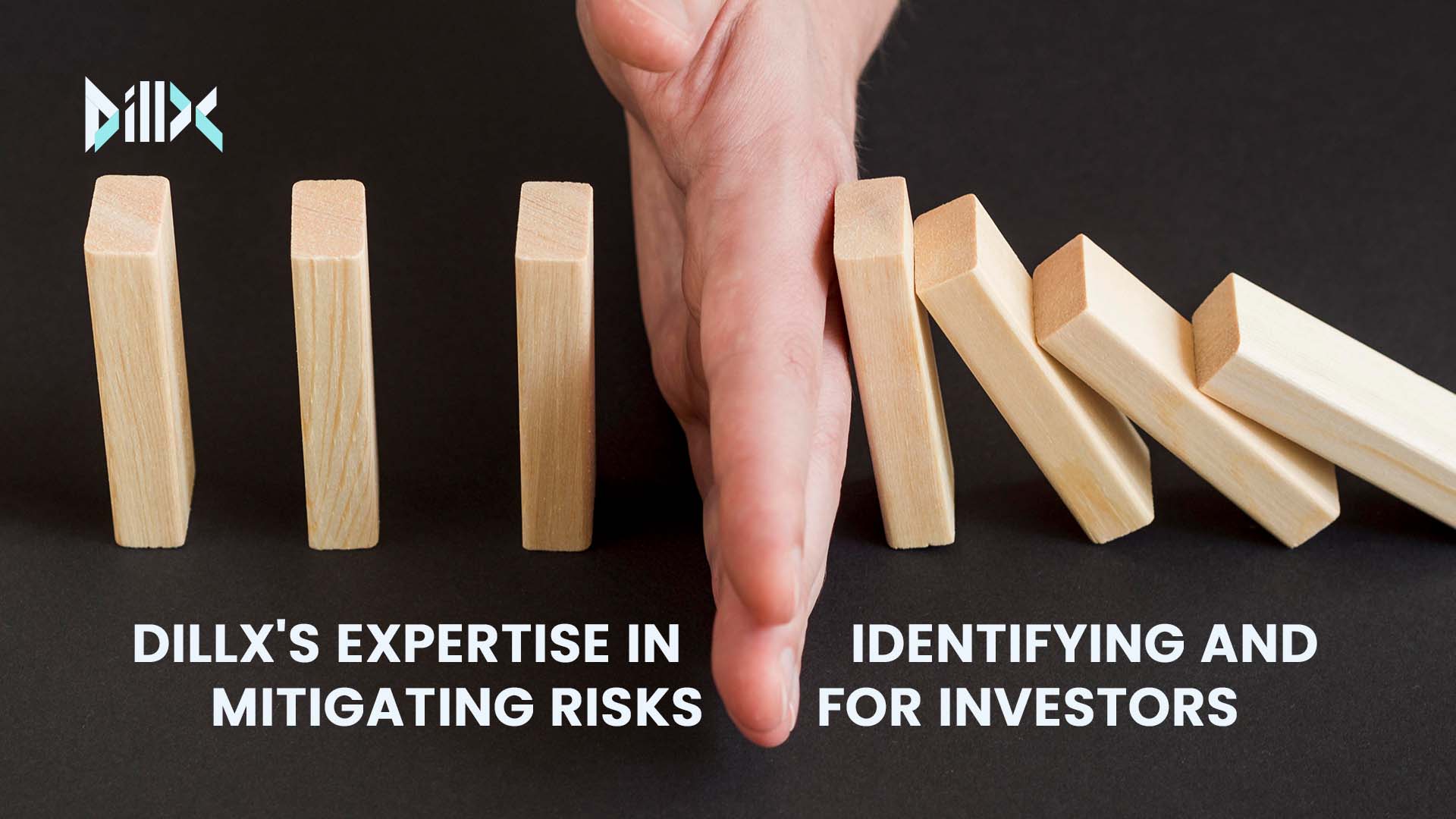For investors looking to explore opportunities in the small business sector, conducting due diligence is an essential step to ensure informed decision-making. While the process may seem daunting, especially for those new to the realm of small business investments, proper due diligence provides valuable insights into the business’s viability, risks, and growth potential. In this blog post, we will provide a comprehensive guide on how to conduct due diligence on a small business, highlighting key considerations and steps to maximize your chances of a successful investment.
Understanding the Business and Its Market
Begin by thoroughly understanding the nature of the small business and the market in which it operates. Evaluate its products or services, target audience, competitive landscape, and growth potential. Familiarize yourself with industry trends, customer preferences, and any regulatory factors that may impact the business.
Review Financial Documents
Examine the financial records of the small business, including balance sheets, income statements, cash flow statements, and tax returns. Assess its financial stability, revenue growth, profitability, and the accuracy of financial projections. Look for any outstanding debts, liabilities, or potential financial risks.
Analyze Business Operations
Gain a clear understanding of how the small business operates on a day-to-day basis. Evaluate its organizational structure, key personnel, operational processes, supply chain, and any existing contracts or agreements. Assess the efficiency and scalability of operations to determine if the business can sustain future growth.
Assess Legal and Regulatory Compliance
Review the small business’s compliance with relevant laws and regulations. This includes assessing licenses, permits, contracts, intellectual property rights, and any pending legal or regulatory issues. Ensure that the business operates within legal boundaries and has proper safeguards in place.
Evaluate Customer Base and Relationships
Examine the small business’s customer base and relationships. Assess customer satisfaction, loyalty, and retention rates. Identify key clients and evaluate the strength of those relationships. Consider any dependencies on a small number of customers and the potential impact on revenue stability.
Scrutinize Marketing and Sales Strategies
Evaluate the small business’s marketing and sales strategies. Assess the effectiveness of branding, customer acquisition channels, pricing strategies, and marketing campaigns. Analyze the competitive advantage and unique selling proposition of the business in attracting and retaining customers.
Conduct SWOT Analysis
Perform a comprehensive SWOT (Strengths, Weaknesses, Opportunities, Threats) analysis of the small business. Identify its strengths and differentiating factors, potential weaknesses or areas for improvement, opportunities for growth, and external threats. This analysis will provide a holistic view of the business’s overall position in the market.
Seek Professional Expertise
Consider engaging professionals such as accountants, lawyers, or industry experts to assist with specific aspects of the due diligence process. Their expertise can provide valuable insights and mitigate potential risks.
Conclusion
Conducting due diligence on a small business is a critical step in making informed investment decisions. By thoroughly evaluating the business’s financial health, operations, compliance, market position, and growth potential, you can minimize risks and maximize your chances of success. Remember to approach the due diligence process systematically, seeking professional guidance when needed. With a diligent approach, you’ll be well-equipped to navigate the small business landscape and uncover promising investment opportunities.
About DillX
Unlock the power of streamlined due diligence with DillX. Say goodbye to months of manual, costly processes and embrace efficiency in just 3 days. Our SaaS platform automates the entire due diligence process, generating detailed DX reports with pre-verified company information and red flag alerts. Founders can track their investment readiness, while investors can assess more startups with reduced risk. Ready to transform your due diligence experience? Join our waitlist today.



























